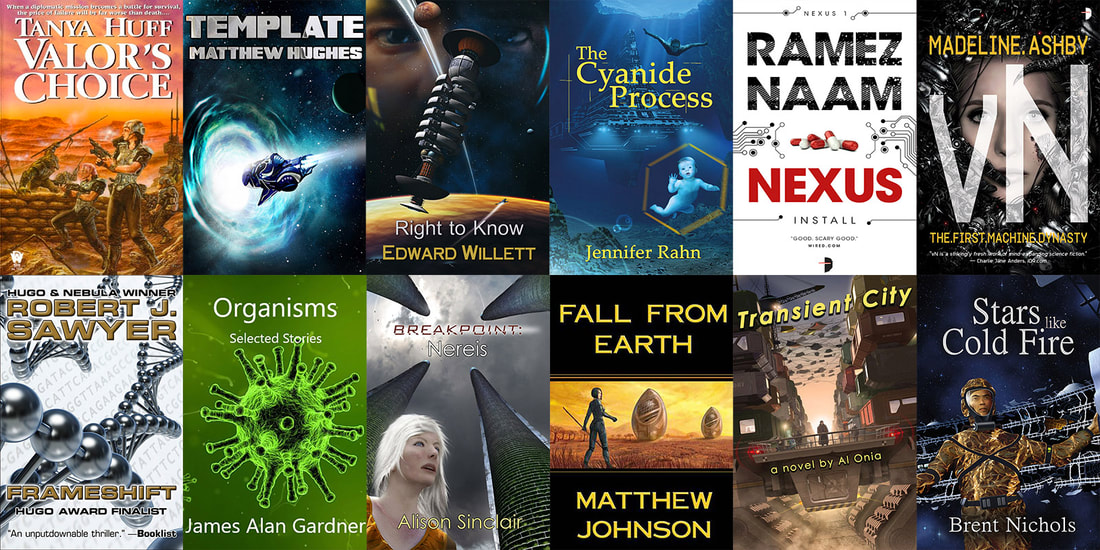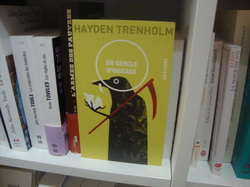What a year it wasn’t! Many things were planned; most of them were cancelled. Other things came as a surprise or, sometimes, even a shock. I’m sure you experienced much the same. Or maybe, I’m the only one living in this alternate universe.
The first plans cancelled proved fortuitous. Last November we were starting to put together the pieces of a trip to Ecuador and Peru. We would have left around mid-February and returned at the end of March. But we also wanted to visit friends and family across Canada and when we examined the budget, we decided we couldn’t do both. South America would have to wait.
Whew!
Canadians in Peru in March didn’t get home, in a lot of cases, until June. That was probably the luckiest thing that happened to us this past year.
Come January, we were well into the booking process for trips to BC (May), Nova Scotia (July) and Alberta (August) plus there was a big wedding to go to in early August. Not to mention visits to Toronto and Montreal for getaway weekends. It was going to be a great year! Then COVID-19 struck.
No great gnashing of teeth though a little grinding of gears. Long story short, everything got refunded except one night’s hotel deposit in Vancouver. They did give us a credit – though I suspect I’ll never use it. Eventually we decided we could tough it out until things got under control. We just didn’t think it would last so long!
Then an unexpected construction project on the exterior of our building kicked us off our balcony for five weeks in August and September. Fortunately, by then we were in the great hiatus (which of course led to the second and third lockdowns) and could travel locally at least. Three-day trips ensued to Perth, Wakefield and Almonte. Nice little towns all with pleasant country walks nearby. But it wasn’t exactly Machu Pichu.
The rest of the year consisted of occasional day trips, including a ride in a 1937 bi-plane (like a motorcycle in the sky) and walks in previously unexplored regions of Ottawa. We watched a lot of TV and spent an inordinate amount of time in video calls to friends and family across Canada and in England. We grew closer to some people while we found the distance widening with others. Family become more central to both of us while work—such as it is for the retirement set—faded in importance.
Now the vaccine is on the horizon and we have become ever more careful. As Liz says, no one wants to be the last soldier killed before VE day (VE = Vaccines Everywhere). Sadly, for all our hopes and desires, the first third or half of 2021 will be a lot like the last 10 months gone by.
It was tough year, tougher for others than it was for us. We lost a few acquaintances to the plague and a few friends lost those much closer than that – fathers and mothers and brothers and cousins. Two of our family members did get the disease, both with moderate to bad symptoms but thankfully not sick enough to need hospital care. It was scary enough as it was and we can only imagine how tough it was for others.
Other than that and Liz’s broken toe, our health was as good as can be expected.
Well, that is certainly enough about that!
On a lighter note, my publishing business, Bundoran Press, went out of business in October. I had hoped to carry on for another year or two but all the cancelled cons put an end to that. I think my partners and I closed it off in style, with everyone paid and as much notice and assistance to authors as it was possible to give. I may not still have a company but I have a lot of friends as result of the 8 years I did run it. And that’s more valuable than gold. And I did publish one book in 2020: Ryan McFadden’s Corona Burning. (The title never fails to trigger my sense of irony.) He now is publishing it himself and maybe you could check all of Ryan’s books on Amazon.
I continue to write and one of the highlights of the year was my first appearance in Analog (of a story sold in 2019), one of 3 stories that appeared in 2020. I wrote six new stories and worked in a desultory fashion on a number of longer projects. I even tried my hand at poetry though that is certainly not ready for public viewing. I already have one story coming out in 2021 and I remain hopeful for more though I have to admit I now write mostly for myself. The pleasure of writing a satisfying sentence now outweighs that of a cheque in the mail (though I don’t mind getting those at all).
Editing, too, is more interesting as well and I worked with four clients during the year, one of whom just had his book published a few weeks ago. That made me happy. You can check it our here.
What else did I do this year that made life worth living? I found great comfort in the deepening of my marriage to Liz. It seems all we really need is each other (though I love all your guys too!)
I studied Spanish, using the Rosetta Stone computer program and I’ve now reached the stage where some of dreams are partly in Spanish – and I mostly know what the dream figures are saying. By October (when we are going to Spain!!!), I hope to be able to function with reasonable skill.
And I read books – 61 one all told. For those interested in statistics, this included 25 mysteries, 13 SF, 11 mainstream fiction, 3 books of poetry, six of science and 3 other non-fiction. Top few of my list in most categories:
Mystery: Bruno, Chief of Police (Martin Walker)
SF: The Oppenheimer Alternative (Robert J. Sawyer), Binti (Nnedi Okorofor)
Lit Fiction: Indian Horse (Richard Wagamese), The Wonder (Emma Donahue), The Shepard’s Hut (Tim Winton)
Poetry: Averno (Louise Gluck)
Science: Inferior (Angela Saini), The Order of Time (Carlo Rovelli)
And that as they say, is that. See you next week. Or month. Or year.





 RSS Feed
RSS Feed
